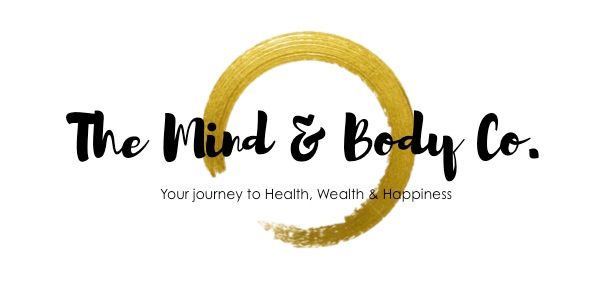I recently sat down with a lovely glass of wine and my bullet journal to reflect on what success actually means to me. I mean I don’t remember ever really thinking about this before and yet I’ve spent a good part of my life working towards this abstract goal of success… but what does success even mean?
I realized that in my mind the idea I had of success was being married, having kids, a nice home, a good job and enough money for the odd family holiday. Where had this idea come from? Was it my mother, my grandmother, or society? I have no idea, and yet I realized I’ve been pretty clear in my mind when it came to why I had been working so hard to achieve my goals and yet it was so abstract… married or happily married? Kids, yeah sure but how many? A good job and a nice house, by whose standards?
Even more interesting was that when I got real with myself and really thought about what success actually means to me it was so much simpler than that. Success was simply living my life on my terms! Yeah it was still pretty vague, so I had to dig deeper. It was time to think about my values and beliefs, what were they and how were they connected to my view of success? Which ones were mine and what had I simply acquired magically by osmosis somewhere along the way.
More often than not, we tend to think of values as a religious thing that’s connected intrinsically with our morals. Values are really personal and indicate what is truly important to us, they are the drivers that influence the decisions we make and the way we live our lives.
What many don’t know is that there are different types of values. Values are either moving you towards or away from something. For example trust, honesty and integrity are values that are often adopted to move you away from hurt or an experience where, those values were not present. While connection, compassion and growth are values that have you focusing on qualities that you alone can influence and are supporting you to move closer to living a more fulfilling life.
Reflecting on our beliefs on the other hand, is like opening Pandora’s box. There are layers of beliefs that influence our feelings, thoughts, actions and even how we experience our world. There are five layers of beliefs, which fit into each other like Russian dolls, supporting and strengthening each other.
The first one (or the biggest Russian doll) is ‘global beliefs’. These beliefs are the way we view the world and are often sweeping generalizations. Global beliefs are characterized by unspoken internal assumptions people make, for example “Life Is” or “People Are”.
The second type is ‘Identity beliefs’ which we can often identify simply by finishing the statement “I am”, for example “I am a religious person” or “I am a good person”.
The third type of beliefs are what we call in the coaching world ‘vehicle beliefs’. These are more around the roles we take on to experience life like our career, role, relationship etc such as ‘mother’, ‘manager’ or the role of ‘wife’. To identify what your vehicle beliefs are, you only need to reflect on all the different metaphorical hats you wear in your life. An example would be when someone is asked “tell me about you” and instead of telling them about who they are as a person they list “I am a mother, wife, teacher and Gardener” – the focus is on the what not the who.
Hiding within the ‘vehicle beliefs’ you find the fourth type ‘value beliefs’. These help you to elicit what is truly important to you and how you prioritize your time and energy. These are important and lasting beliefs or ideals about what is good or bad and desirable or undesirable. Values have major influence on a person’s behavior and attitude to life.
Finally inside this one you find a sneaky surprise, the fifth and final belief type is ‘Rule beliefs’. These are the rules you place around your values to protect them. What is really interesting, is that although you are likely to have never thought about what your personal values or rules might be, you would know very quickly when someone challenges or disrespects them, as this is when we experience agitation or frustration. A simple example is when a young person doesn’t give up a seat on public transport for a elderly person causing frustration to bubble up in you – this indicates that you have a value for respect for elders and offering up your seat for them is a rule you have created to support that.
I personally thoroughly enjoyed taking the time to reflect on what was important to me and what ‘success’ really means to ME, I realized I am actually a lot closer to my idea of success than I thought. I encourage you to take some time to reflect on your own understanding of success and what your personal values/beliefs truly are… you might be pleasantly surprised at what you find.
If you would like to learn more about any of the above content and dive deeper into what makes you tick then please contact us today and book an appointment. Rebecca Matthews, The Mind and Body Co
www.themindandbodyco.com

